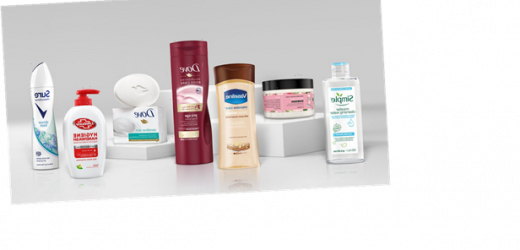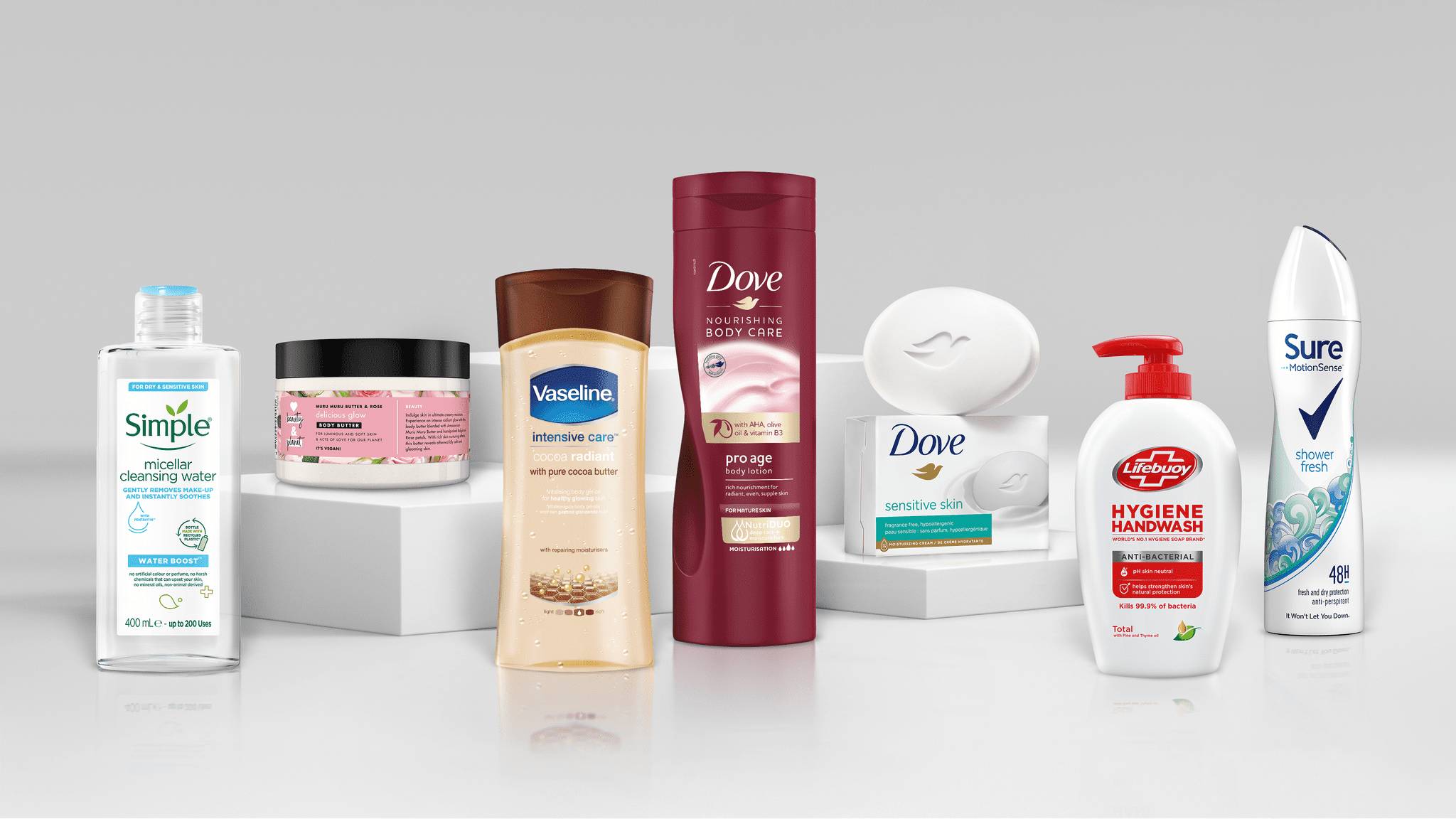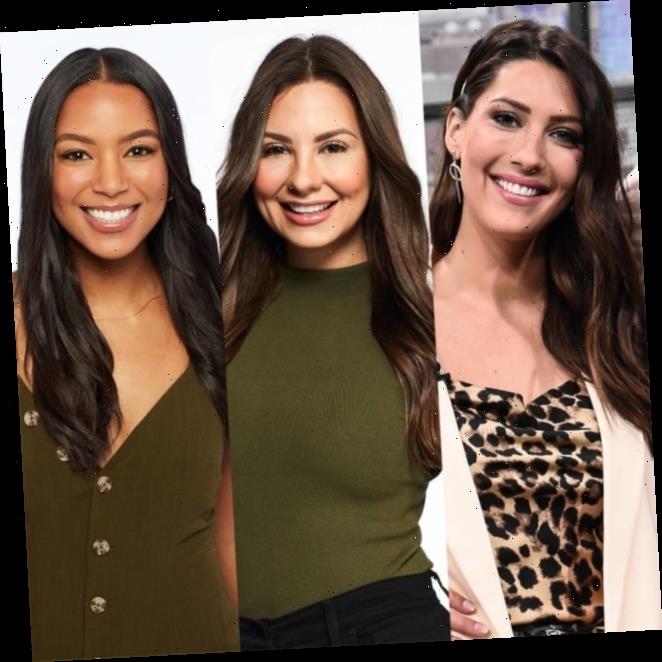The literal definition of “normal” is conforming to a standard of something. When it comes to the beauty industry, we often hear about having a “normal skin type” or “normal hair.” But what is “normal”? When we speak about having normal skin or hair, we’re often referring to a white European standard of beauty — this is exclusionary to so many people, and it must change.
Beauty brands have a vital role to play in this and a duty to include everyone in their product offerings and messaging. That’s exactly why Unilever — the company that owns Dove, Sure, Lynx, Vaseline, Simple, and many more — has announced that the brand is making steps to progress away from its traditional beauty advertising standards.
On March 9, Unilever officially announced that it’s eliminating the word “normal” from all of its beauty and personal care brands’ packaging and advertising, which is all part of the new “Positive Beauty vision and strategy”. The move is an aim to “champion a new era of beauty, which is equitable, inclusive, and sustainable,” according to a press release.
In addition to removing the use of the word “normal” from its campaigns and packaging, Unilever has pledged to no longer digitally alter a person’s body shape, size, proportion, or skin colour in brand advertising. Plus, the brand is committed to “increasing the number of advertisements portraying people from diverse groups who are under-represented.”
The move to update the brand’s use of language and photoshopping comes after Unilever conducted a 10,000-person study across nine countries (Brazil, China, India, Indonesia, Nigeria, Saudi Arabia, South Africa, the UK, and the US), which looked into people’s experiences and expectations of the beauty industry, specifically uncovering that more than half of the people surveyed felt excluded by the beauty and personal-care industry.
The study found that seven out of 10 people (this figure rose to eight out of 10 in the 18-35 age group) agreed that using the word “normal” in brand advertising has a negative impact. Additionally, 74 percent of those surveyed said they want the beauty industry to focus more on making people feel better rather than just looking better.
Now, of course, a legacy beauty brand removing this messaging and unrealistic photoshopping doesn’t solve the problem by any means; it’s still trying to sell products, after all. But it’s a step in the right direction when it comes to true inclusion in the beauty industry — because language really matters.
Source: Read Full Article



